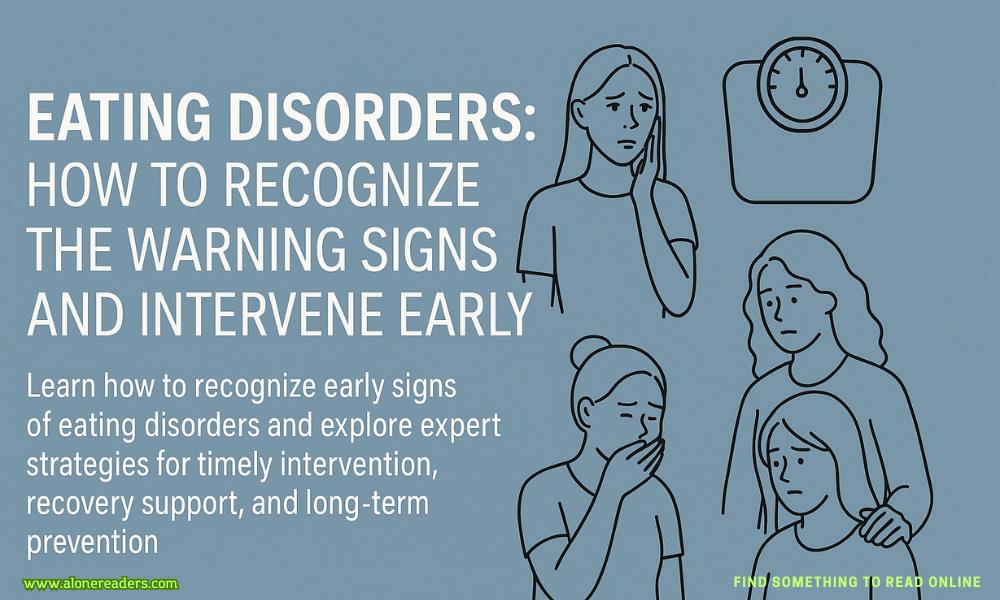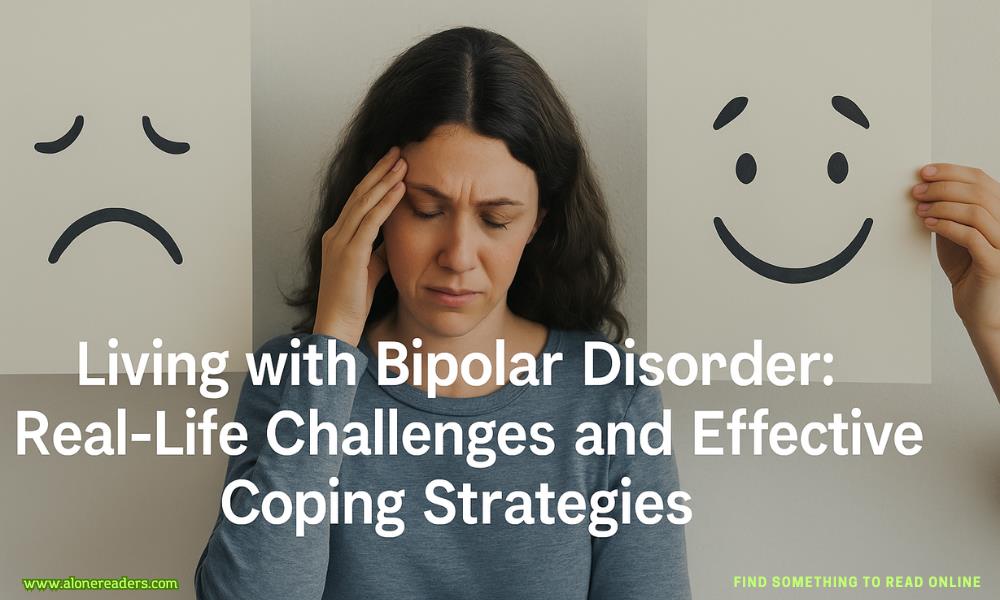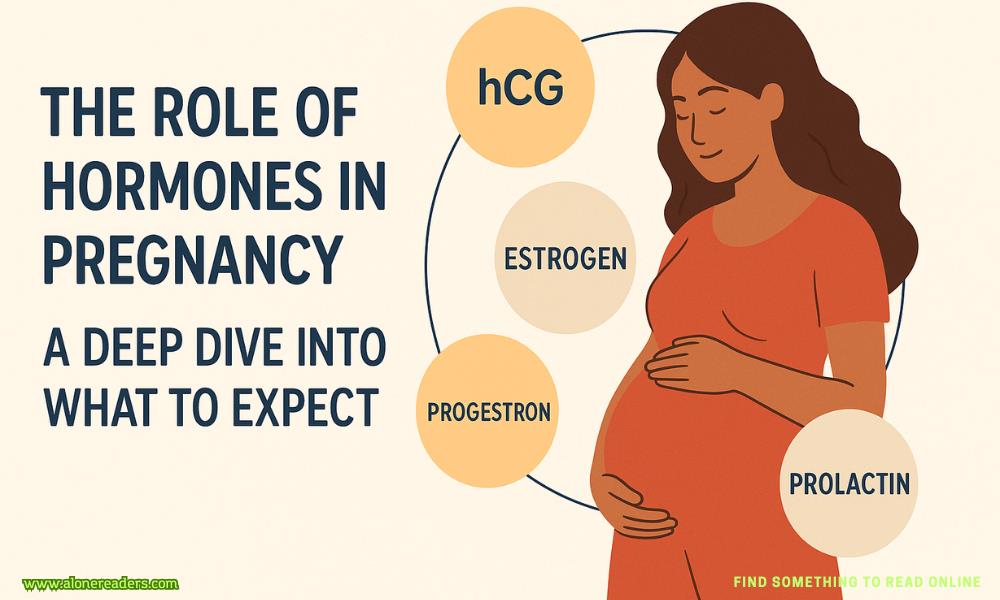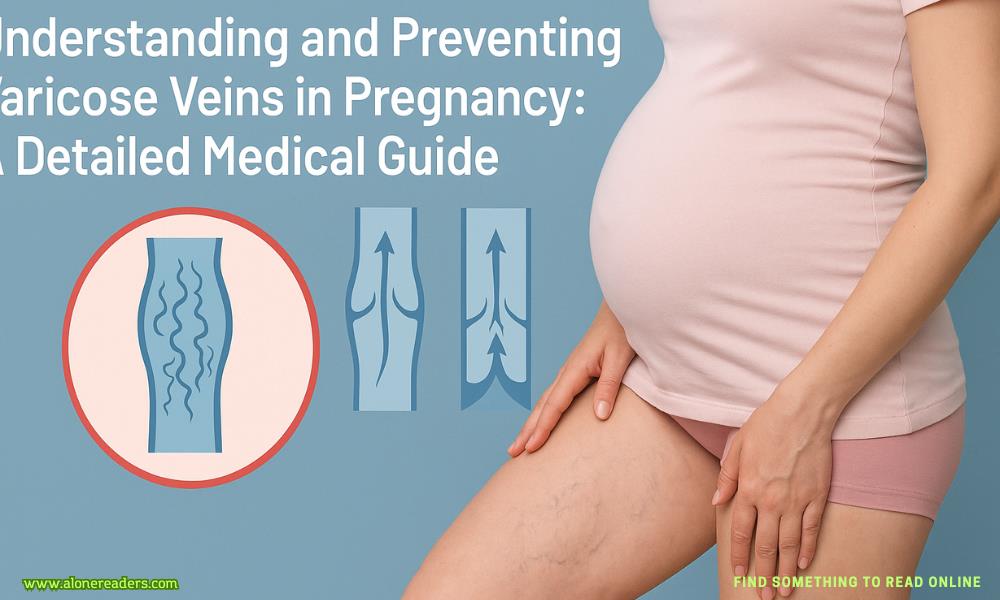Page 80 of Six Wild Crowns
Boleyn tries not to think of the other queens. Howard, her too young body yielding to him. Seymour, oh god, Seymour and what he did to her.
“I need a son,” he is saying. “You understand that, don’t you? If I cannot put an heir of my own in High Hall, Elben will be taken by a foreign king. It will be ripped apart while Quisto and Capetia war over who should have the spoils. We cannot let that happen to this island. To our people.”
She nods, watching his face carefully. “Without you, without a king, without the power the great god gave to you, the protection wouldn’t work. We queens would be nothing.”
There’s the briefest of hesitations. That’s all the confirmation she needs. Seymour was right. He knows.
“Kiss me,” she says.
He does. He’s so tender, so perfect. She sees now that her power over him was only ever an illusion, but as she lifts her skirts and hooks a leg around his waist, guiding him into her, she gives in to the fantasy one last time before it vanishes. She doesn’t let him see her tears, and she does not think.
CHAPTER THIRTY-THREE
Seymour
The tide is out when Seymour returns to Hyde. The palace is displayed like a woman reclining in bed, the blanket of the ocean discarded at her feet. Clarice sits opposite her in the carriage as she leans out of the window to drink in the sight of home.
“It’s more peaceful than Brynd, that’s for certain.”
“Indeed, Clarice. Indeed.”
Seymour’s love for Boleyn remains, but they are on different paths now: Boleyn is a mother, a rebel, a leader. Seymour is an eternal lost soul, lurching from one reckoning to another. Boleyn’s pity for Seymour stretches. Seymour’s love for Boleyn bends. But Seymour fears that there will come a point when the two must snap.
Her household is gathered in the courtyard when the carriage makes its way over the drawbridge and comes to a halt. Three long rows of them, every one wearing the livery of Seymour’s queenship – a yellow sun against a bright blue sky.
“We trust you had a good journey, Your Majesty,” her steward says, helping her down.
“Is everything in order?” she asks.
“Oh yes. Lord Edward has been most easy-going. We are almost run out of his favourite wine, though.”
The steward doesn’t look at Seymour as he speaks. She made sure to drug several bottles before she left for Brynd, giving her household strict instructions that only that wine should be served to her brother.
“We should order more directly,” she says, not glancing at him either, lest their mutual knowledge, never explicitly shared, become apparent.
The steward keeps hold of her hand as they go into the vestibule. She wonders why he is being so attentive, until she notices the way the rest of the household are acting around her. No task is too small for them. Their eyes constantly flick to her stomach. News of a possible heir spreads quicker than fire in Elben.
Even though Boleyn will still be at High Hall for Elizabeth’s blessing, Seymour goes to her room before luncheon anyway. Thesunscínais there on her wall, innocuous next to the other glass panes. But even if Boleyn or Queen Howard were waiting to speak to her, she wishes to be alone.
She divests herself of her travelling cloak and boots and sits on the edge of her bed. Affixed to her belt is a little bag next to her pomander. She pulls it open, and stares at the contents.
It was easy enough for her to retrieve the envelope hidden in her old room at Brynd before she left. The leaves inside are brittle now, but just as effective. Imbibed, they are deadly, but they have other uses too. Princess Tudor told her as much, many months ago.
Seymour empties a silver trinket box and breaks the leaves into it, covering them with some ale from the jug left on her table. She pulls on an old pair of gloves and uses her fingers to mash the leaves into the ale until all that is left in the box is a grey-green paste that has the woody scent of orris root.
“Are you certain?” Boleyn had said. “I can help you get to Capetia. You could have the baby there.”
She was holding Elizabeth when she said it, and Seymour couldn’t tell her how forcefully she did not want this thing inside her. So she only shook her head, tight-lipped, and Boleyn had sighed and nodded.
Seymour pushes a dresser against the door, to prevent anyunexpected entrances. Undressing herself is a pain, but eventually she manages it through a series of contortions. She sometimes wonders whether the way in which noblewomen are raised is designed to make them too incompetent to ever be able to survive alone. With her stomacher discarded on the floor, Seymour raises her smock and runs a hand over her stomach. There’s no bump yet, but the skin is hard instead of its usual yielding softness.
She asks herself one final time if she is ready. She imagines what it would be like to spend the next eight months sick and encumbered. She tries to imagine giving the child the same love and care that Boleyn gives to Elizabeth. She thinks she could do it, but it would cost her. Even if she did escape Elben and the king’s clutches, what kind of life would she be able to give the child? They would both be dependent on the kindness of strangers in a foreign land. Whichever way Seymour turns, she knows that the child would become a political pawn, just as she has been her brothers’ pawn. And if she left the child behind, to remain with the king – could she live with that guilt?
Her mind cannot touch upon the act of birth itself; the true reason she is doing this. The memories of what labour did to her mother are too deeply rooted. She thinks of that painful fever that overtook her mother in her final hours, and she thinks,That would be me. If she has this child, she will not survive. She knows it, as sure as she knows the taste of strawberries and the sound of the citole’s plucked strings. Either the baby grows, or Seymour survives, and she has ever been a survivor.
This is what is right for her, she has no doubt about that. She now only wonders whether she has the courage for everything that will come afterwards.
“It will be worth it,” she mutters to herself. To have this child would mean her death. And her life is important.
- The Prince's Secret Twins by Elizabeth Lennox
- Tangled Desires by Tory Baker
- At the Edge of Surrender by A.L. Jackson
- A Touch of Fate by Cora Reilly
- Untouchable Love by Lucy Darling
- After Hours by Caitlin Crews
- Shelter from the Storm by Mari Carr
- Someone Knows by Vi Keeland
- Hawk by Fiona Davenport
- The Silencer by Brooke Summers
- The Beat of her Heart by Emily Hayes
- The Neighbor's Son by K. Webster
- Vasily the Hammer by C.B. Alice
- Convenient Vows by D.C. Beks
- Wrapped in Silver by Sara Vice
- Ruined By Capture by Sherry Blake







